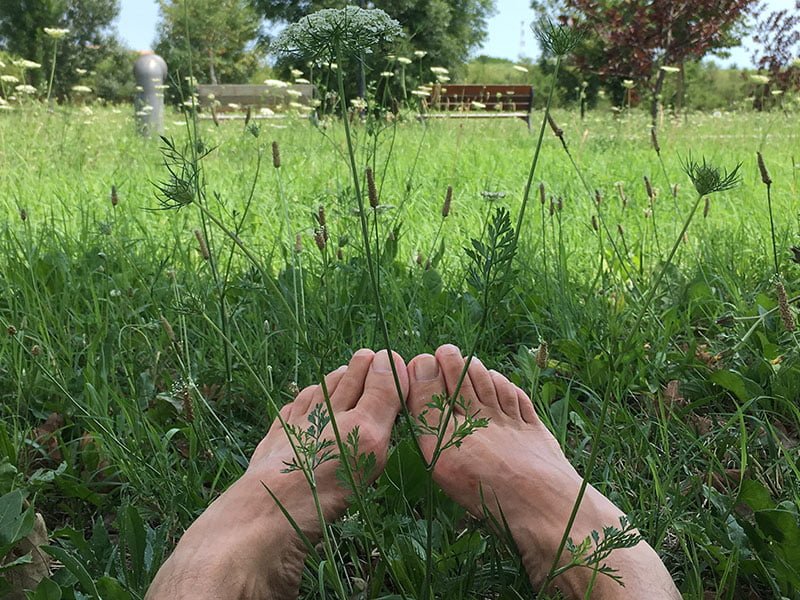Work with me
Counselling
Counselling sessions offer a secure, confidential space for you to open up about what’s troubling you.
Walk & Talk
Counselling while walking together outside. Normally we’ll be walking side by side, but we may use benches occasionally.
Inner Relationship Focusing
Inner Relationship Focusing is a way of developing a relationship with parts of you that tend to get ignored, squashed or suppressed.



